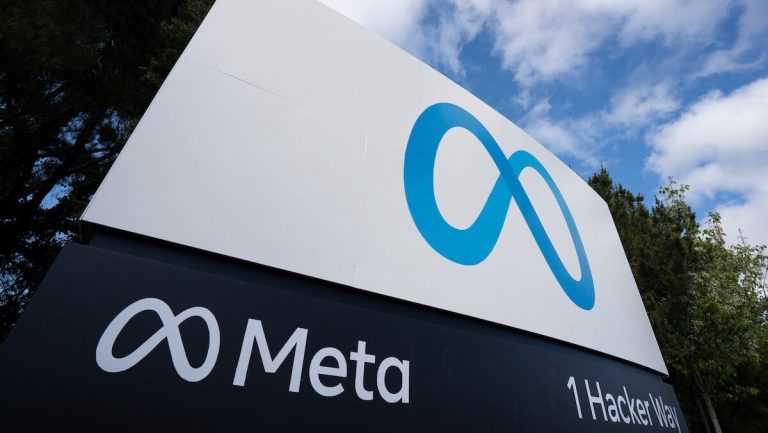Facebook parent company Meta on Tuesday announced the release of new open source Llama AI protection tools, along with new AI-enabled solutions for security operations.
The new tools available now for the open source AI community include Llama Guard 4, LlamaFirewall, and Llama Prompt Guard 2.
Intended as a unified safeguard across modalities and providing support for text and image understanding protections, Llama Guard 4 is also available on a new Llama API, which was released in preview.
LlamaFirewall is a fresh security tool for orchestration across guard models that can detect and prevent prompt injections, insecure code, and risky plug-in interactions. It supports existing Meta protection tools, to help developers build secure AI systems.
The updated Llama Prompt Guard classifier model brings improved jailbreak and prompt injection detection, and is accompanied by Prompt Guard 2 22M, a lightweight version for reduced latency and compute costs.
To help organizations improve the efficacy of AI systems in security operations, the internet giant is making AI-enabled tools available for them and is also launching a Llama Defenders Program for select partners.
On Tuesday, Meta introduced CyberSOC Eval and AutoPatchBench, two new tools for assessing AI system defenses, both available as part of CyberSec Eval 4, its updated open source cybersecurity benchmark suite.
CyberSOC Eval measures the efficacy of AI systems in security operation centers, while AutoPatchBench evaluates AI systems’ ability to automatically patch vulnerabilities in native code.
The Llama Defenders Program, Meta says, provides organizations and developers with access to various open, early-access, and closed solutions, such as the Automated Sensitive Doc Classification Tool for applying security classification labels to internal documents, and Llama Generated Audio Detector & Llama Audio Watermark Detector, for identifying AI-generated threats, including scams and phishing.
Additionally, Meta is previewing Private Processing, new technology leveraging AI to summarize unread messages or refine them for WhatsApp users. Messages, the company says, remain private, as neither Meta, nor WhatsApp can access them.
“We’re working with the security community to audit and improve our architecture and will continue to build and strengthen Private Processing in the open, in collaboration with researchers, before we launch it in product,” Meta notes.
Related: Microsoft Adds AI Agents to Security Copilot
Related: New AI Security Tool Helps Organizations Set Trust Zones for Gen-AI Models
Related: New CCA Jailbreak Method Works Against Most AI Models
Related: Meta Paid Out Over $2.3 Million in Bug Bounties in 2024


